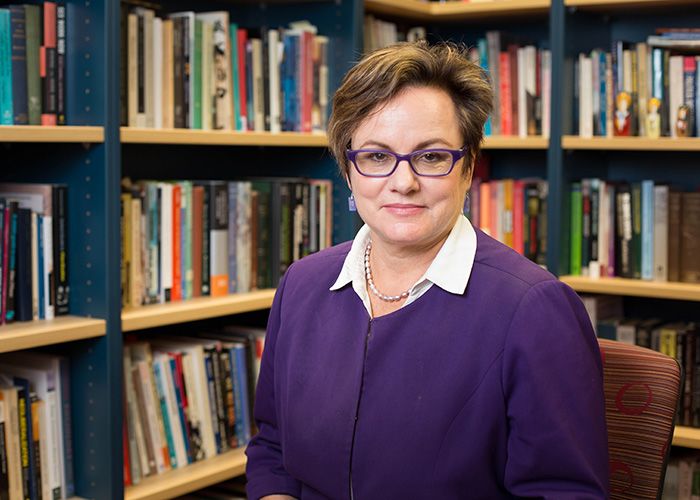Dark side of the boom
QUT research helps mining communities fight back
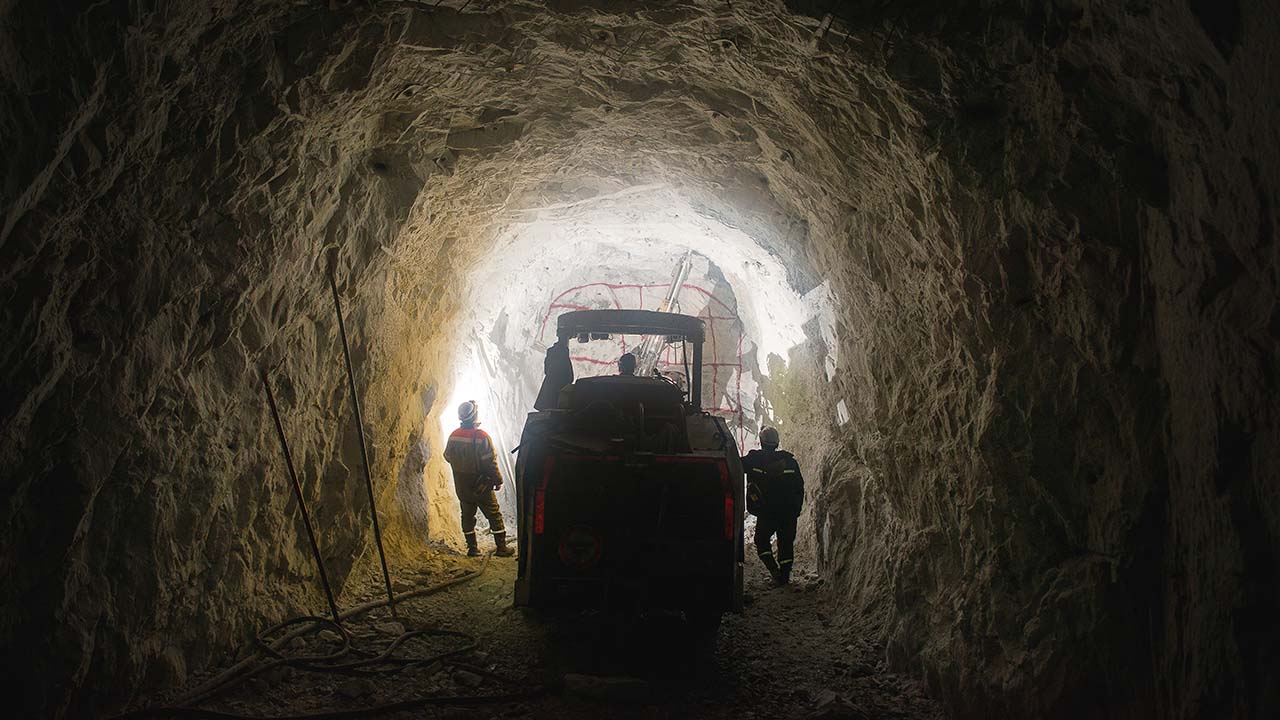
Professor Kerry Carrington has never been one to shy away from a fight. She has spent her career campaigning for social justice, and thanks to her, regional communities have had a win.
Her research exposed the devastating effect of fly-in, fly-out (FIFO) practices on mining towns, leading to a ban on 100% FIFO operations in Queensland.
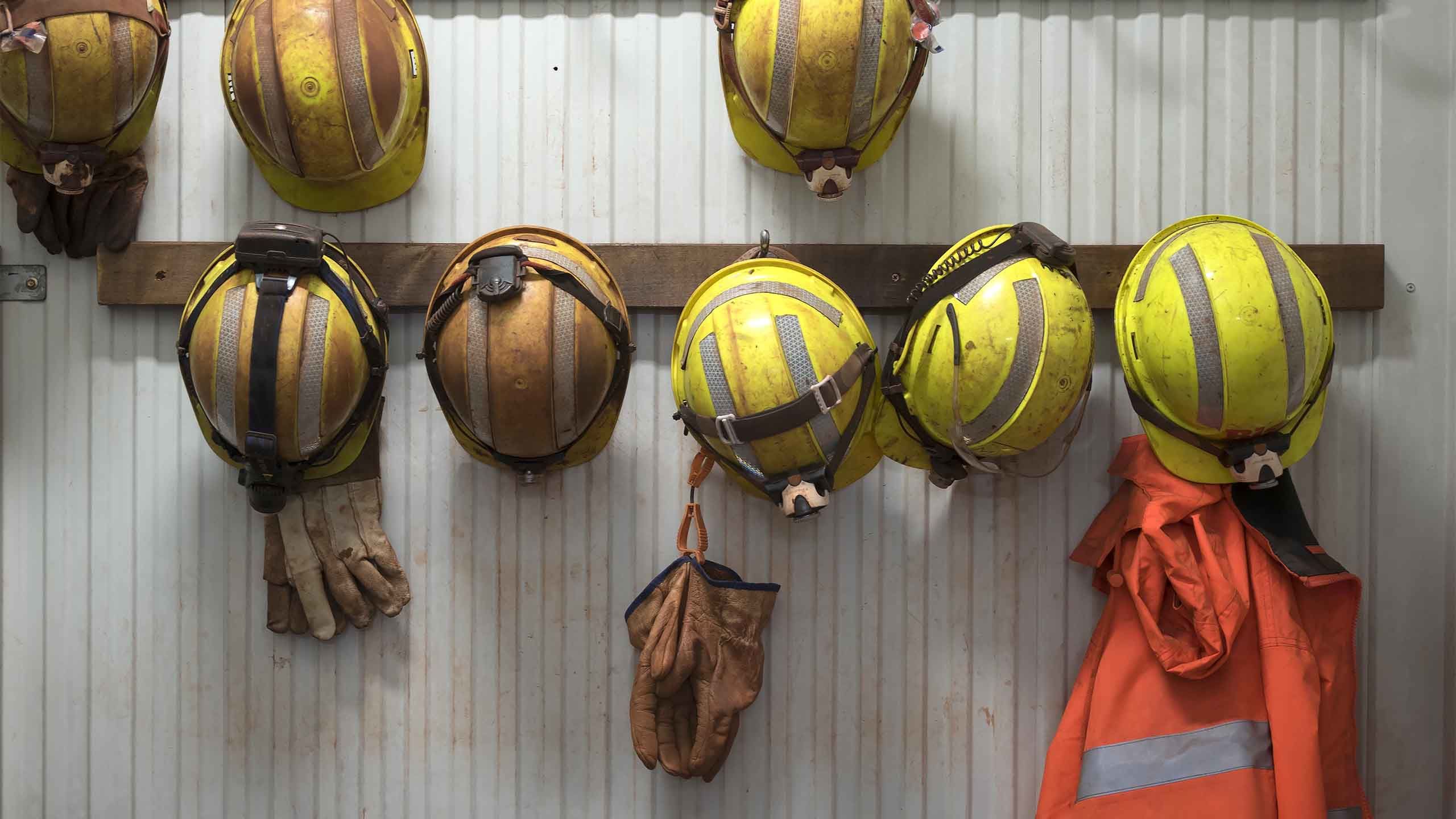
Digging up the truth
Professor Carrington and her team set out to investigate the higher rates of violence among men in regional Australia. What they found were communities at breaking point.
It became clear that the areas with the highest incidences of violence were those at the centre of the mining boom.
The shift to using FIFO workers has seen thousands of people – mostly men – flood into these mining towns, doubling the size of the population overnight.
But these workers are not integrated into the community. Their ‘real lives’ are elsewhere in the big cities. They are housed in camps separate to the town, with little to do outside their 12-hour shifts.
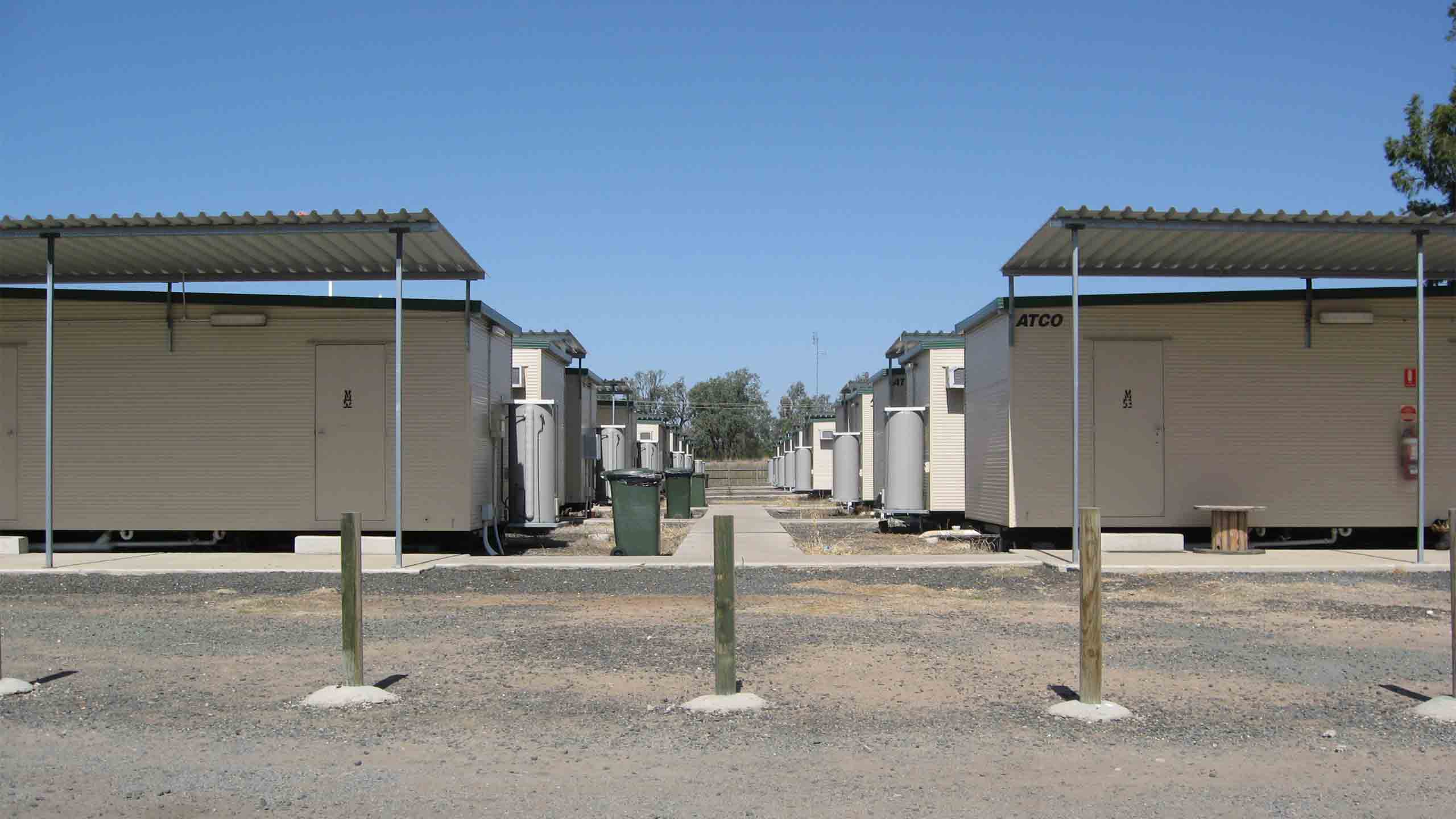
Mostly, they flock to the pub, enabled by employers who, in many cases, provide buses to take them straight there when they finish work.
Tensions and rivalries are high. Brawls are common. Publicans feel it is out of their control. And hospitals are overwhelmed.
In one Western Australian mining community, the rate of violence was 2.3 times the state average.
In a Queensland mining community, the rate of violence had more than quadrupled in two years to become more than twice the state average.
“These communities don’t benefit from the boom – they are hollowed out,” says Professor Kerry Carrington.

Taking on Goliath
The findings come as no surprise to Kelly Vea Vea, former President of Mining Communities United. Having spent most of her life in mining towns, she’s seen firsthand the effects of the growing FIFO workforce.
Her home of Moranbah in Queensland’s Bowen Basin has not been immune.
When BHP Mitsubishi Alliance applied to switch its nearby Caval Ridge mine to a 100% FIFO operation, the community pulled together in opposition. But their cries fell on deaf ears.
"When communities take on massive multi-national mining companies it’s a David vs Goliath battle," says Kelly. "It’s a struggle to prove your argument when most information and data is funded and manipulated by the mining companies themselves."
For the residents of this small town, Professor Carrington’s research was a game changer.
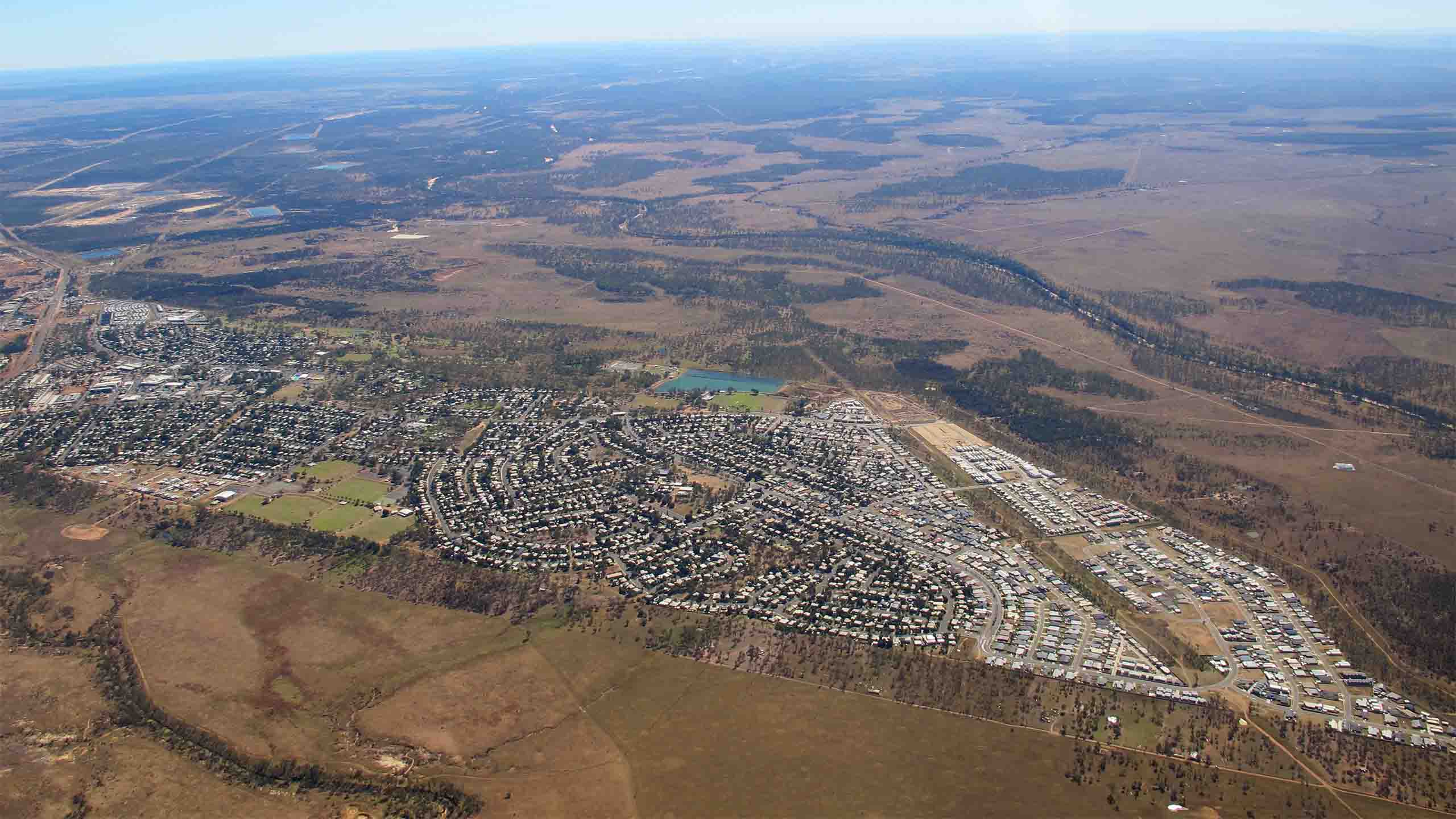
Voices finally heard
In the wake of Professor Carrington’s research, the issue exploded in the media. The increased attention and public debate on the issue soon led to a federal inquiry. QUT’s submission was quoted throughout the report and Professor Carrington and her colleague, Dr Alison McIntosh, contributed as witnesses.
The resulting report made many recommendations – based in part on Professor Carrington’s research – to mitigate the impacts of FIFO on regional communities.
A Queensland inquiry followed and again the QUT research was a central piece of evidence. The mining industry’s call for 100% FIFO operations was rejected, and the practice was banned in Queensland.
“Kerry [Carrington] and her team gave us access to genuinely independent information for the first time. A weapon in our hand to fight with.
Communities don’t get many wins in the coalfields. This time, we won.”
Kelly Vea Vea

Lasting impact
Professor Carrington’s research has since been recognised with several prestigious awards.
She has also been invited to address industry groups, including the Australian Mining Association and the Queensland Government’s Energy and Mineral Resources Policy Committee, about what could be done better. It’s a welcome step in the right direction.
For people like Kelly, the fight to reclaim their communities is not over. But thanks to QUT’s research, their voices are now being heard.
Journey to impact
2008–2011
Australian Research Council Discovery grant Safeguarding Rural Australia: Addressing Masculinity and Violence in Rural Australia is awarded to Professor Carrington and her team.
2012
Professor Carrington and her team are awarded the Allen Austin Bartholomew Award for the Australian and New Zealand Journal of Criminology article of the year.
2011–2012
Professor Carrington and Dr Alison McInstosh appear as witnesses in the federal inquiry into the impact of fly-in, fly-out (FIFO) work practices on rural and remote Australia.
QUT’s submission is cited throughout the final report.
2015
Parliamentary Inquiry into FIFO and other long-distance commuting work practices in regional Queensland. Numerous groups cite Professor Carrington’s research in their submissions.
As a result, the Strong and Sustainable Resource Communities Bill 2016 is introduced to Queensland Parliament.
2016
Professor Carrington is appointed as a Fellow of the Academy of Social Sciences in Australia for her work in the areas of gendered violence, mining and juvenile justice.
2017
BHP Billiton Mitsubishi Alliance is required to employ 75% of workers at its Caval Ridge project from the Central Queensland region.
The State Controller General cites Professor Carrington’s research as evidence for the decision.

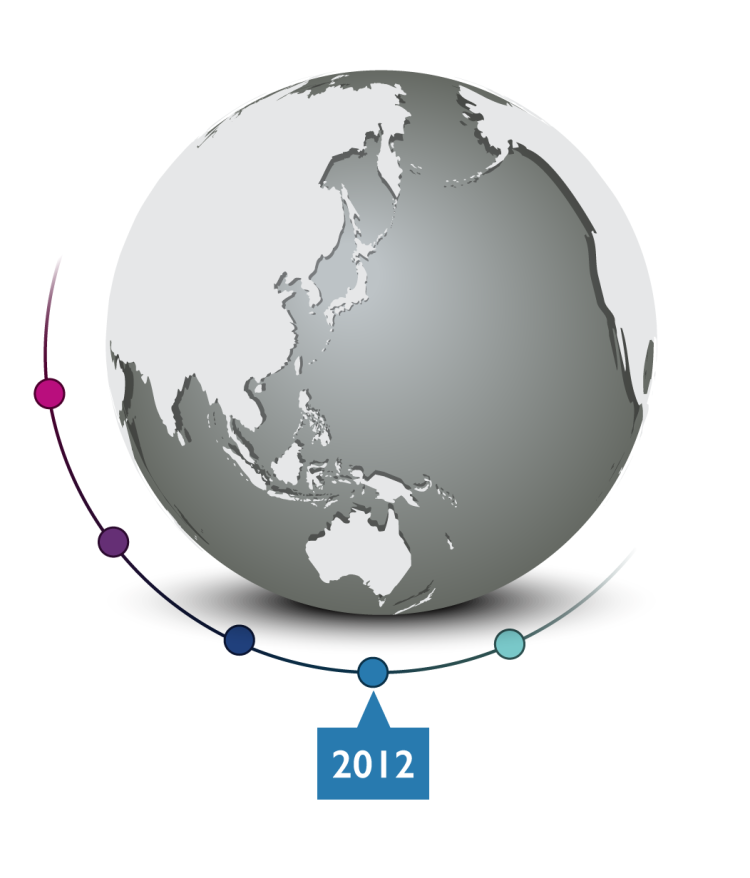




Contact
Email:
cjsdrc@qut.edu.au
Phone:
+61 7 3138 7118
Website:
Crime, Justice and Social Democracy Research Centre
Twitter:
@CrimeJusticeQUT
